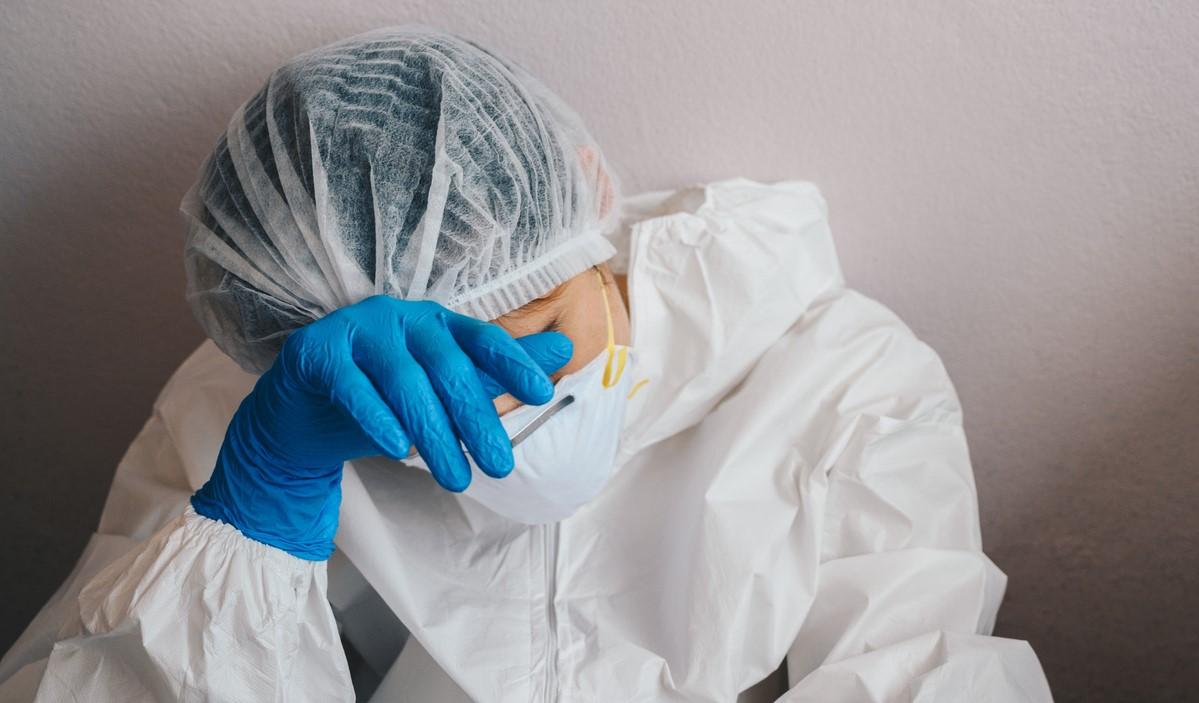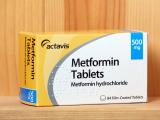With the nation awaiting word on emergency use authorization (EUA) for a COVID-19 vaccine and the promise of an eventual end to the pandemic, the current US surge in new infections continues unabated, filling hospitals and pushing the daily death toll to new highs.
Globally, COVID-19 cases continue to spike in most regions of the world, straining health systems in several countries.
Record daily death toll
According to the Johns Hopkins COVID-19 tracker, the United States yesterday reported 221,267 new COVID-19 cases and 3,124 deaths. Data compiled by the COVID Tracking Project show 106,671 COVID-19 patients in US hospitals.
The 3,124 COVID-19 deaths is the highest single-day death total in the country since the beginning of the pandemic and surpasses the death tolls from the 9/11 and Pearl Harbor attacks. Data from the Washington Post indicate that a large chunk of those deaths came from four states—Colorado, Illinois, Pennsylvania, and Texas—each of which reported more than 200 COVID-19 deaths.
But every state is seeing an impact. In a news conference today, Idaho Governor Brad Little said COVID-19 was the leading cause of death in Idaho in November. "In multiple counties, the morgues are full, and they are starting to ask for refrigerated trailers to hold bodies," he said.
And things are likely to get worse in the coming weeks, as the expected spike in cases linked to Thanksgiving travel and gatherings arrives. In its latest forecast on COVID-19 deaths, the Centers for Disease Control and Prevention (CDC) predicted a total of 332,000 to 362,000 deaths by Jan 2.
There are currently 291,307 US COVID-19 deaths and 15,526,644 confirmed cases, according to the Johns Hopkins data.
Preparations begin for first US vaccine shipments
The decision on whether to issue an EUA for the Pfizer-BioNTech vaccine will be made by the Food and Drug Administration (FDA) in the wake of today's meeting of the Vaccines and Biological Products Advisory Committee. After reviewing safety and efficacy data from the phase 3 trial of the vaccine, the committee voted that the benefits outweigh the risks in individuals over 16 years of age (see related CIDRAP News story today). The FDA's decision is expected in the coming days.
Meanwhile, planning is well under way for what happens when an EUA is issued. In a briefing yesterday, Operation Warp Speed technical adviser Gen. Gustave Perna said that based on microplans submitted by 64 jurisdictions and five federal agencies, doses of the Pfizer-BioNTech vaccine will begin shipping to 636 locations within 24 hours of an EUA.
"Our goal is to make sure that we can ensure the vaccine is delivered in a timely manner, is delivered safely, securely, and is ready to be utilized to start administering vaccines as soon as possible," Perna said.
Of the 6.4 million doses of the Pfizer-BioNTech vaccine currently available, 2.9 million will go out in the initial shipment to cover the first doses of the two-dose vaccine, which are slated to go to healthcare workers and nursing home residents.
Among the recipients of the initial doses will be pharmacy chains Walgreens and CVS. On CNBC this morning, CVS Health President and CEO Larry Merlo said that the company has 10,000 healthcare professionals ready to administer shots in nursing homes and assisted living facilities.
"Upon receipt of that allocation, we'll be in those long-term care facilities in the first 24-48 hours…[putting] vaccines into the arms of those vulnerable populations," Merlo said.
Of the doses going to federal agencies, just under 44,000 will be shipped to 16 Department of Defense (DoD) installations, which will cover about 9% of the department's high-risk population, according to NPR. Some senior DoD leaders will also receive the vaccine to help promote a message of safety and efficacy.
Surges in Sweden, South Korea, South Africa
In Sweden, which has taken a less aggressive approach to managing the pandemic than its European neighbors, the head of the health service yesterday asked health workers from other nations to help, with intensive care unit (ICU) capacity at its limit in the Stockholm area, according to Reuters.
The country's government has tightened some measures to curb its second spike in COVID-19 activity, and the government signaled that it wanted more power from the parliament to enact tougher measures, such as closing shopping malls and gyms.
South Korea, also in the midst of another COVID-19 surge, has started building hospitals in shipping containers in the Seoul area to reduce pressure on area hospitals, said Reuters. The country reported 682 new cases yesterday and has already tightened its measures several times, especially in Seoul, the main hot spot. The next steps are increased testing and bringing the military and police in to help with epidemiological investigations.
Elsewhere, South Africa's health minister said the country has entered its second surge, mainly due to end-of-year parties attended by high school students, according to the Washington Post. The country has Africa's highest case total. Some ICUs in Durban, the largest city in KwaZulu-Natal province, are already full, and South Africa's positivity rate has risen to 18%.
In other global headlines:
- Saudi Arabia became the third country, behind the United Kingdom and Canada, to approve the Pfizer-BioNTech vaccine, according to Agence France-Presse.
- India's regulators, who are considering an EUA request from the Serum Institute of India for the AstraZeneca-Oxford COVID-19 vaccine, have asked for more data, according to CNN. They want updated safety data from India, immunogenicity data from the UK and India, and the outcome of an assessment by UK regulators.
- The European Medicines Agency (EMA) announced yesterday that it was targeted by a cyberattack and that it has launched a full investigation. Documents related to COVID-19 vaccines were accessed, including data from BioNTech, according to the BBC. The EMA is weighing approval for two COVID-19 vaccines, the one from Pfizer-BioNTech and the one from Moderna.
- The global total today climbed to 69,363,786 cases, with 1,578,008 deaths, according to the Johns Hopkins tracker.






















